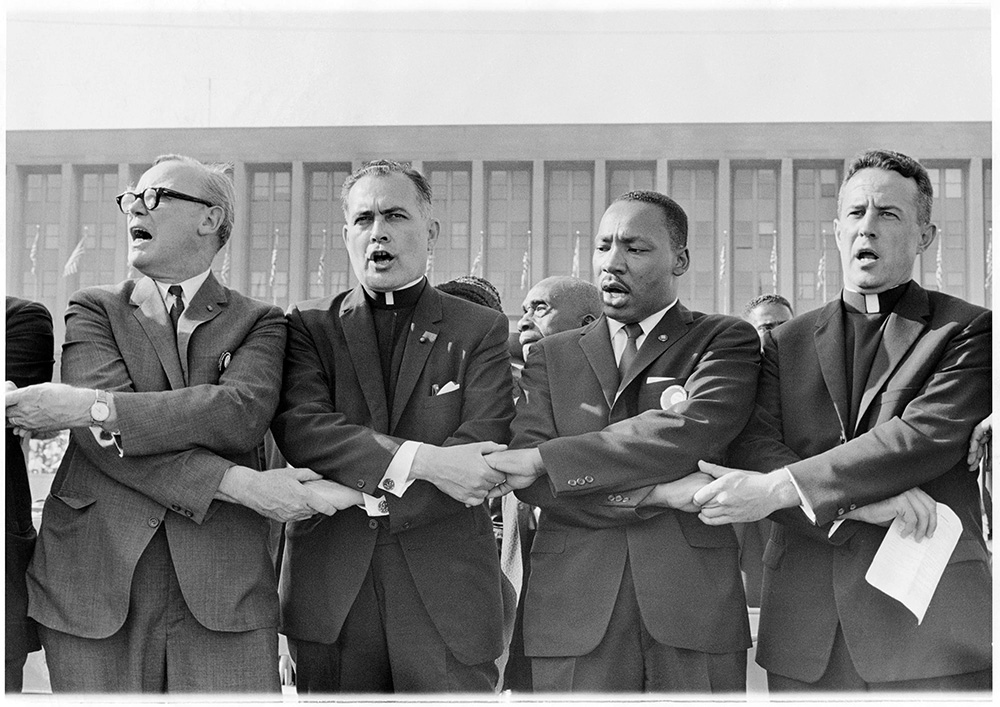August 1967
That summer, the Minnesota Baptist Convention adopted a resolution at its 108th annual meeting calling King “a false prophet, blind leading the blind.”
His work was called “more in harmony with Mahatma Gandhi’s philosophy than with Jesus Christ,” said an RNS story headlined “MINNESOTA BAPTIST CONVENTION DENOUNCES MARTIN LUTHER KING.”
The group, founded in 1859 and now known as the Minnesota Baptist Association,
was described in the RNS story as having “fundamentalist and ultra-conservative views.” It was one of five state Baptist bodies in the state at the time.
The convention’s resolution included the views of Bishop Charles E. Tucker, an African Methodist Episcopal Zion leader who had said King was “following the Communist party line, giving aid and comfort to the enemy.”
Two months earlier, the Council of Bishops of the African Methodist Episcopal Zion Church had endorsed Tucker’s denunciation of King and Carmichael as well.
The news wasn’t all bad for King.
The Rev. Peter Riga, a Roman Catholic priest, told the annual meeting of the Biblical-Liturgical Institute at Holy Cross Abbey in Cañon City, Colorado: “If I had to choose the greatest Christian in the world today, it would be Martin Luther King. He has fortitude with humility; he has suffered but will not strike back out of hate.”
Riga added that he agreed with King that priests and other ministers should declare themselves conscientious objectors and forgo their draft exempt status.
“Priests and ministers should take their stand for peace before the law,” said Riga, who served as an Army chaplain in Vietnam and later left the priesthood and became a lawyer.
October 1967
Other defenders of King took issue when a prominent Episcopal seminary chose not to honor the 1964 Nobel Prize winner with an honorary degree.
Before a ceremony marking the 150th anniversary of the General Theological Seminary, Bishop Robert Spears Jr., who chaired the anniversary committee, confirmed that King was one of 18-20 people suggested for the honorary degree but said he was rejected because the focus of the honors was on ecumenical work. He said King’s “principal contribution was not that of an ecumenical nature.”

The Rev. Theodore Hesburgh, center left, holds hands with the Rev. Martin Luther King Jr. while singing “We Shall Overcome” during a civil rights rally at Soldier Field in Chicago on June 21, 1964. Photo courtesy of OCP Media
The independent Episcopal Peace Fellowship called the decision “a shocking vestige in racial bias” and said he was “indisputably among the foremost ecumenical leaders of our time. Quite apart from his commitment to nonviolence and moderation in the potentially revolutionary struggle for human rights, Dr. King has cut across all racial lines in uniting churchmen in ecumenical witness to world peace.”

